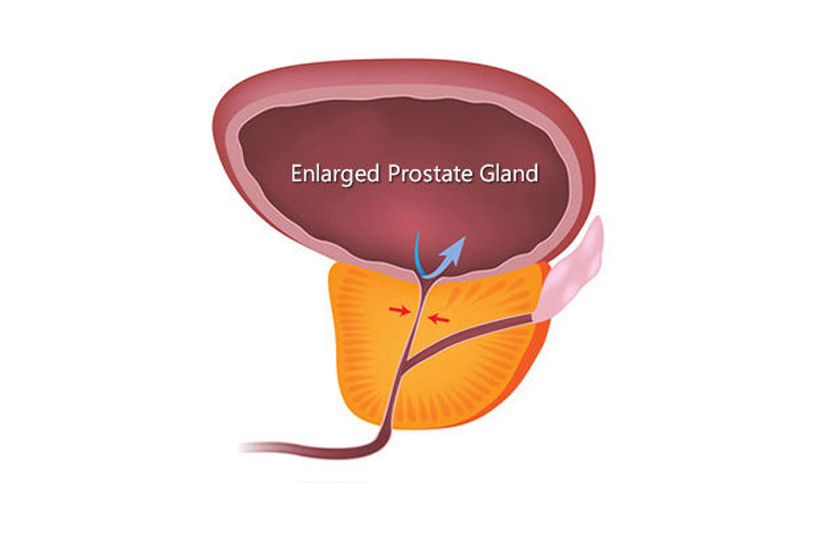What Is Urinary Retention?
What Is Urinary Retention?

Urinary retention can cause a number of issues and will require treatment from a urologist. Here we take a look the symptoms, causes and treatment.
Urinary retention is when the bladder has trouble emptying completely, or at all. This can either be long-term (chronic) or short-term (acute).
In acute cases, patients usually cannot urinate at all, and this can be very serious and required immediate attention to be treated right away.
In chronic cases, patients can usually urinate a little, but cannot completely empty the bladder. This is linked to a number of other conditions and can be quite long-lasting.
People suffering from chronic urinary retention often do not seek help as it can be mild and unnoticeable until it causes another issue, such as a UTI or urinary incontinence.
Symptoms of Urinary Retention
• Inability to void the bladder completely
• Difficulty starting a stream of urine
• A weak stream of urine
• Dribbling of urine throughout the day
• Frequent urination
• Not knowing when the bladder is full
• Needing to urinate in the night
What Causes Urinary Retention?
The causes of urinary retention can be split into two main categories: obstructive and non-obstructive. Obstructive urinary retention is when something is physically obstructing the flow of urine, meaning it cannot pass through the urethra. This may include:
• An enlarged prostate
• Prostate or bladder cancer
• An infection or swelling
Non-obstructive urinary retention is when something is disrupting the interaction between the bladder and the brain, or if the bladder is damaged. Some causes of non-obstructive urinary retention are:
• Sagging bladder or rectum
• Vaginal childbirth
• Injury to the pelvic nerves
• Trauma to the bladder
• Stroke
• Brain or spinal cord injuries
• Diabetes
• Multiple sclerosis
• Some medications
• Age

Treating Urinary Retention
The treatment process will depend on the underlying cause. As these vary greatly, so does the treatment. Talk to your urologist about your lifestyle and what option may work best for you. Some treatment and management techniques include:
• Blockage removal
• Pelvic floor exercises
• Bladder drainage using self-catheterisation techniques
• Urethral dilation
• Behavioural techniques
• Medication
• Surgery
Possible Complications From Urinary Retention
Besides the troubling symptoms associated with urinary retention, there are possible complications if it is not treated.
Urinary tract infections – The normal flow of urine helps flush bacteria from the urinary tract, so a disruption to the flow can allow bacteria to multiply and cause an infection.
Damage to the bladder – Constant stretching can result in damage to the bladder.
Damage to the kidney – If urine is not flowing like it should it can flush back to the kidneys, causing damage. This is known as vesicoureteral reflux.
Complications after surgery – There may be some complications following surgery, such as issues urinary incontinence following treatment of an enlarged prostate or bladder cancer.
If you have any further questions about an urinary retention and would like to book an appointment, please don’t hesitate to call.

Everything You Need to Know About Sperm Health
It is not uncommon for men to have troubles with their sperm production, or to develop a sperm disorder. But…

The Benefits of Drinking Water for Urological Health: Do You Really Need 8 Glasses a Day?
We’ve all heard the advice: “Drink eight glasses of water a day” But is this rule as important as it…






